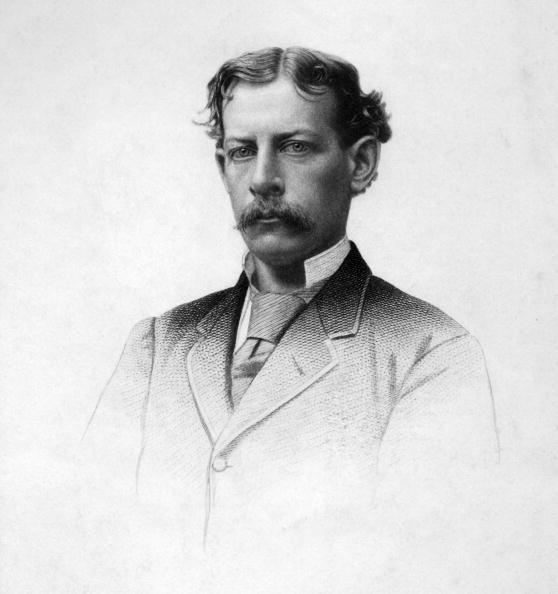Before reality television, people satisfied the urge to see new places and do new things by reading about the exploits of risk-takers, including explorers. Before the internet or radio, in the late 19th and early 20th centuries, the way to do that was through the newspaper.
Back then, the modern mass-market daily newspaper was still new.






